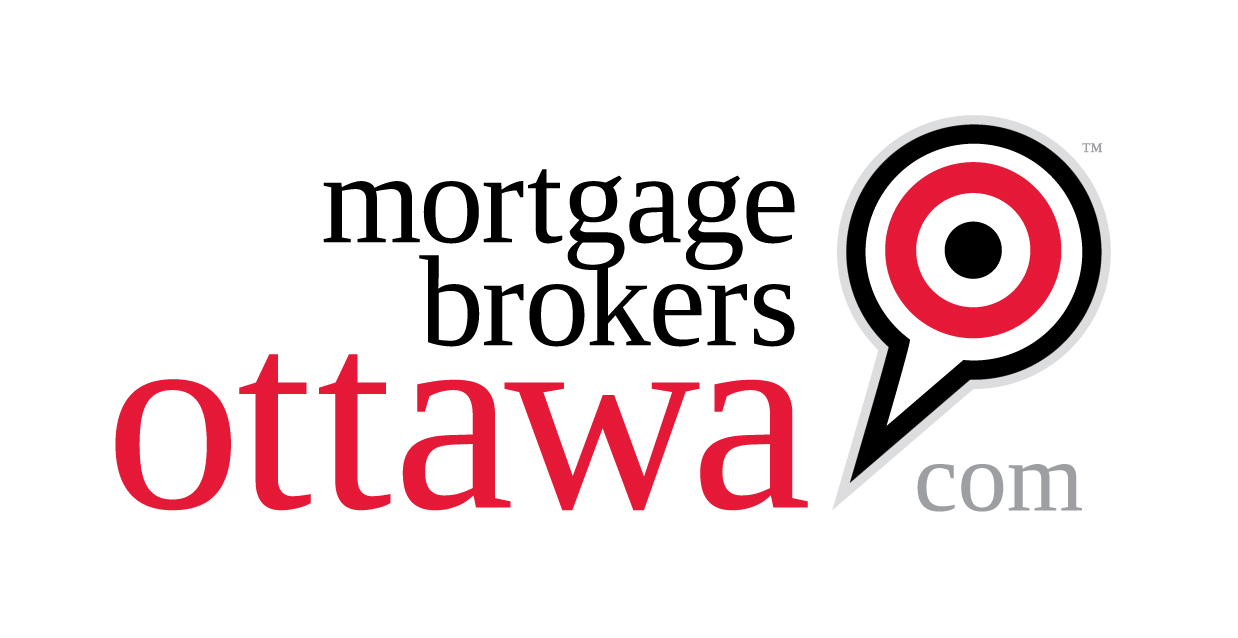First-Time Homebuyers Guide
First-Time Homebuyers Guide
Date Posted: April 24, 2024

First-Time Homebuyer's Guide to Mortgages in Canada: What You Need to Know
Buying your first home is an exciting milestone, but navigating the mortgage process can feel daunting. As a first-time homebuyer in Canada, understanding the ins and outs of mortgages is essential for making informed decisions and securing the right loan for your needs. In this guide, we'll walk you through the key aspects of obtaining a mortgage in Canada and offer tips to help you along the way.
1. Understanding Mortgage Basics: Before diving into the homebuying process, it's crucial to grasp the basics of mortgages. A mortgage is a loan provided by a lender, typically a bank or mortgage broker, to help you purchase a home. You'll repay the loan over time, plus interest, through monthly mortgage payments.
2. Saving for a Down Payment: One of the first steps in buying a home is saving for a down payment. In Canada, the minimum down payment required varies depending on the purchase price of the home. For properties under $500,000, the minimum down payment is 5% of the purchase price. For homes between $500,000 and $999,999, the minimum down payment is 5% of the first $500,000 and 10% of any amount over $500,000. For homes priced at $1 million or more, a minimum down payment of 20% is typically required.
3. Mortgage Insurance: If your down payment is less than 20% of the purchase price, you'll likely need to purchase mortgage insurance. The Canada Mortgage and Housing Corporation (CMHC) is one of the main providers of mortgage insurance in Canada. Mortgage insurance protects the lender in case you default on your loan and allows you to qualify for a mortgage with a smaller down payment.
4. Exploring Mortgage Options: Canadian homebuyers have a variety of mortgage options to choose from, including fixed-rate mortgages, variable-rate mortgages, and hybrid mortgages. Fixed-rate mortgages offer stable monthly payments, while variable-rate mortgages fluctuate with changes in interest rates. Hybrid mortgages combine elements of both fixed and variable-rate mortgages.
5. Getting Pre-Approved: Before starting your home search, consider getting pre-approved for a mortgage. A pre-approval involves a lender reviewing your financial situation and providing a tentative commitment to lend you a certain amount of money. This can give you a better idea of how much you can afford to spend on a home and demonstrate to sellers that you're a serious buyer.
6. Understanding Closing Costs: In addition to your down payment and monthly mortgage payments, it's essential to budget for closing costs when buying a home in Canada. Closing costs typically include legal fees, land transfer taxes, home inspection fees, and other expenses associated with finalizing the purchase of a property.
7. Government Programs for First-Time Buyers: Several government programs are available to help first-time homebuyers in Canada, such as the Home Buyers' Plan. These programs offer financial assistance and incentives to make homeownership more accessible for Canadians.
8. Working with a Mortgage Broker: Consider working with a mortgage broker to help you navigate the mortgage process. A mortgage broker can shop around with different lenders on your behalf, potentially securing you a better interest rate and terms than you might find on your own.
Conclusion: Buying your first home is a significant milestone, and securing the right mortgage is a crucial part of the process. By understanding the fundamentals of mortgages in Canada and exploring your options, you can make informed decisions and achieve your homeownership goals.
Remember to consult with a financial advisor or mortgage professional to discuss your specific circumstances and determine the best mortgage strategy for your needs.
